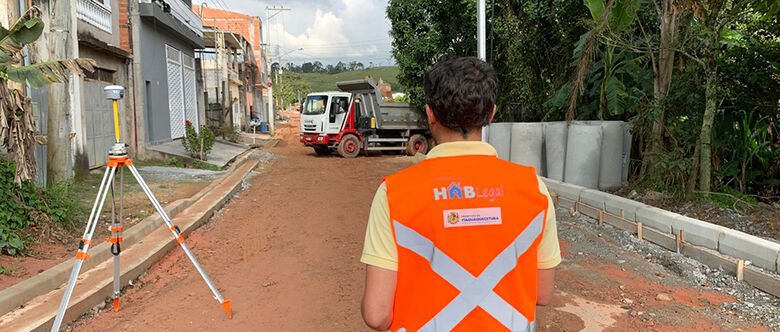
Urban Land Regularization Program in irregular areas in Santa Izabel do Pará (PA)
Urban development, tax increase, expansion in the implementation of public policies and increase in the quality of life of residents in these areas.

Dialogues with Brazil.
August 28 to September 1 2023, Berlin, Germany
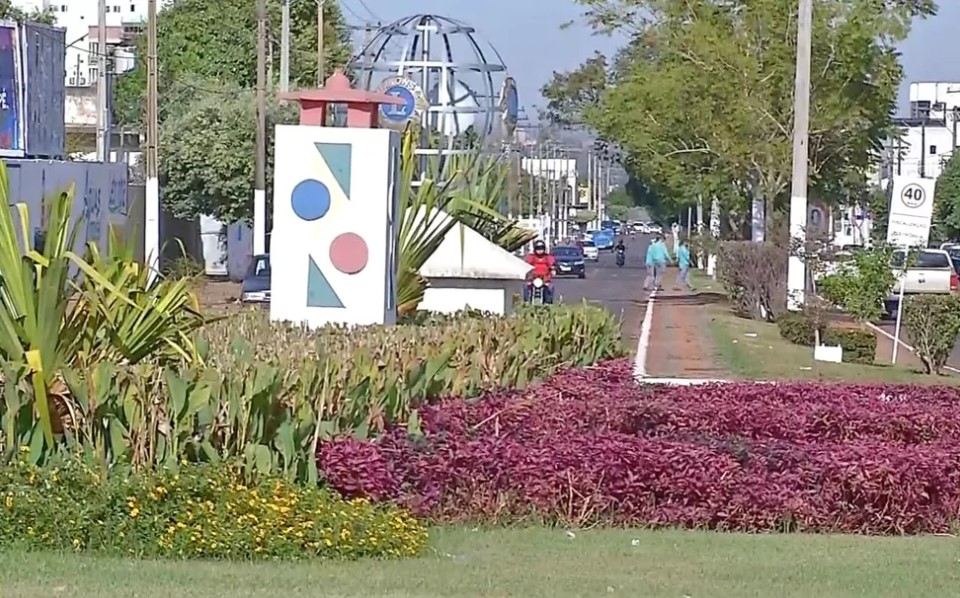
Nature-based solutions with a focus on health (e.g. heat stress, disaster risk reduction, food security, others)
Impacts of climate change (flooding, heat stress, air and water quality, others)
Rondonópolis, a medium-sized city in the interior of Mato Grosso, has high temperatures practically all year round. Moreover, it has an urban network spread over a large territorial extension, evidencing the spatial segregation and the need for large displacements of the population on a daily basis. The strong demographic growth of the last decade had a significant impact on the territorial occupation and brought great challenges for urban planning, such as lack of security, traffic jams, urban voids, roads without adequate paving, disorganized construction, and, consequently, impacts on the city’s climate, with increasingly higher temperatures, open-air debris deposits, and reduction of water resources, among others. The Conscious Shelters project aims to reuse the enormous supply of sunlight to illuminate the existing structures, improving the safety and comfort of public transport users. The project for Technological Innovation in the management of civil construction residues foresees the optimization of human and material resources in the operation of the municipality’s existing recycling plant, promoting the reuse and recycling of civil construction residues as raw material, bringing more economic and environmental benefits and minimizing the extraction of natural resources.

Urban development, tax increase, expansion in the implementation of public policies and increase in the quality of life of residents in these areas.
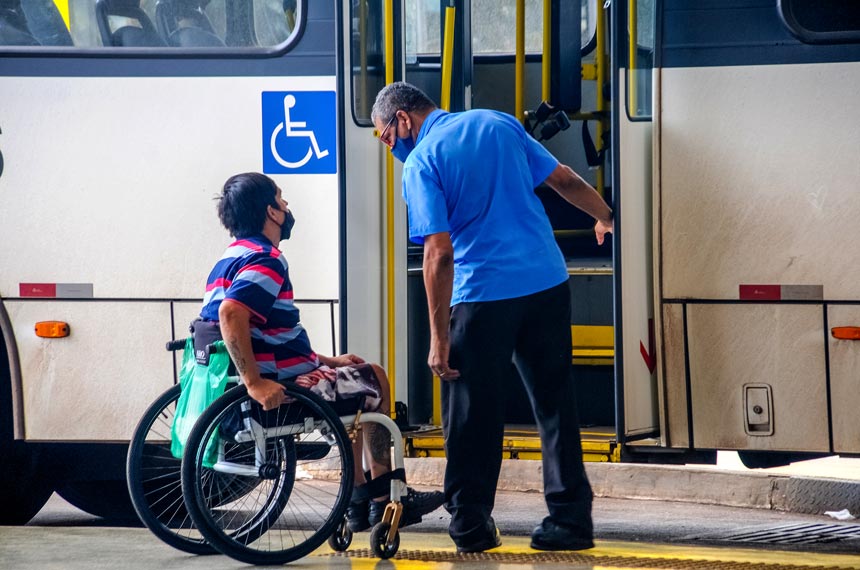
Improve the accessibility and sustainability of public transportation in Brasília (implementation of adequate infrastructure for people with reduced mobility, promotion of the use of electric or low carbon emission vehicles, and awareness about the benefits of public transportation and its importance for environmental sustainability).
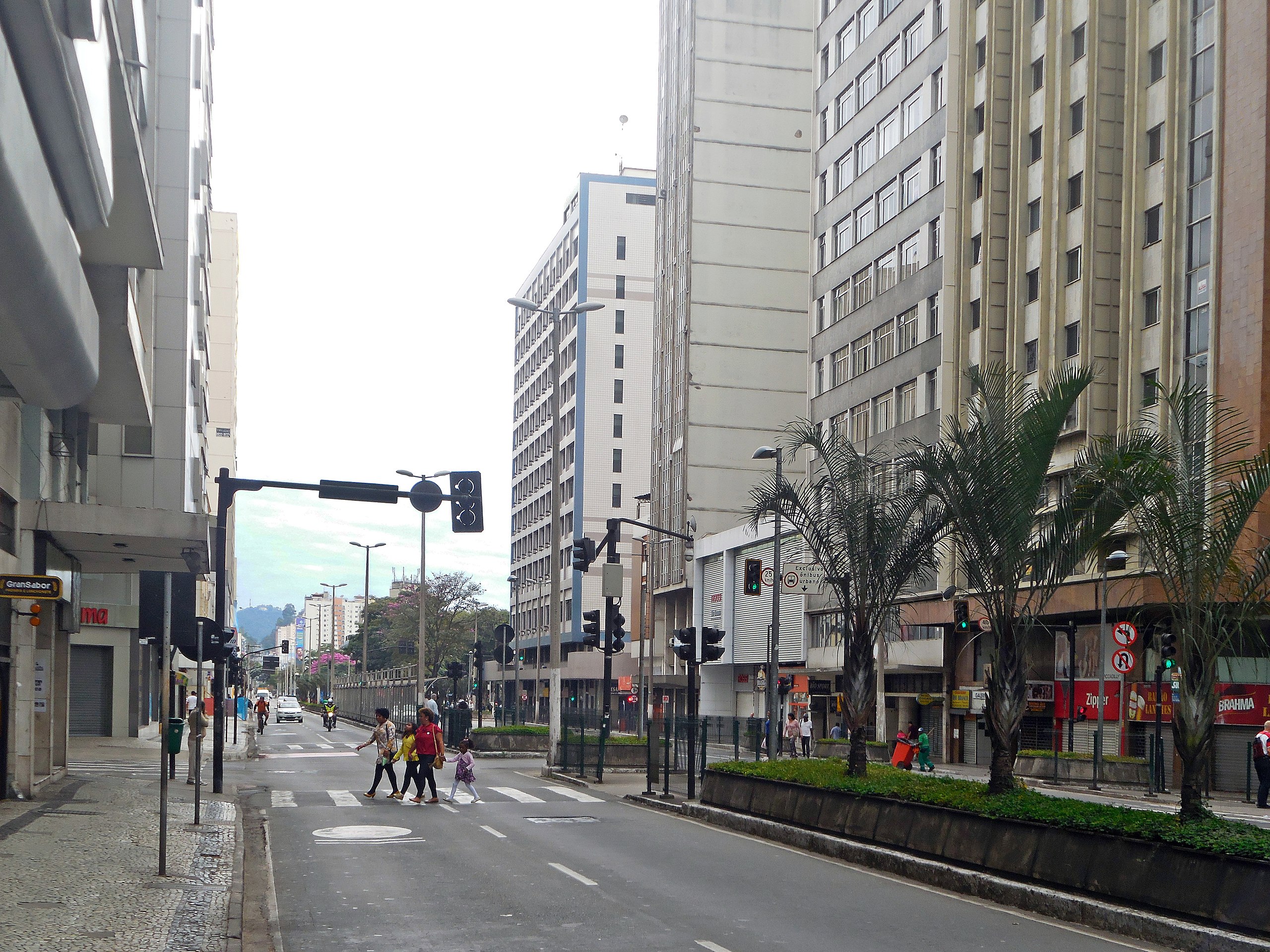
Public space and street physical access to vulnerable groups (children, pregnant women, older adults, peoplewith dissabilities, adults at risk, other)
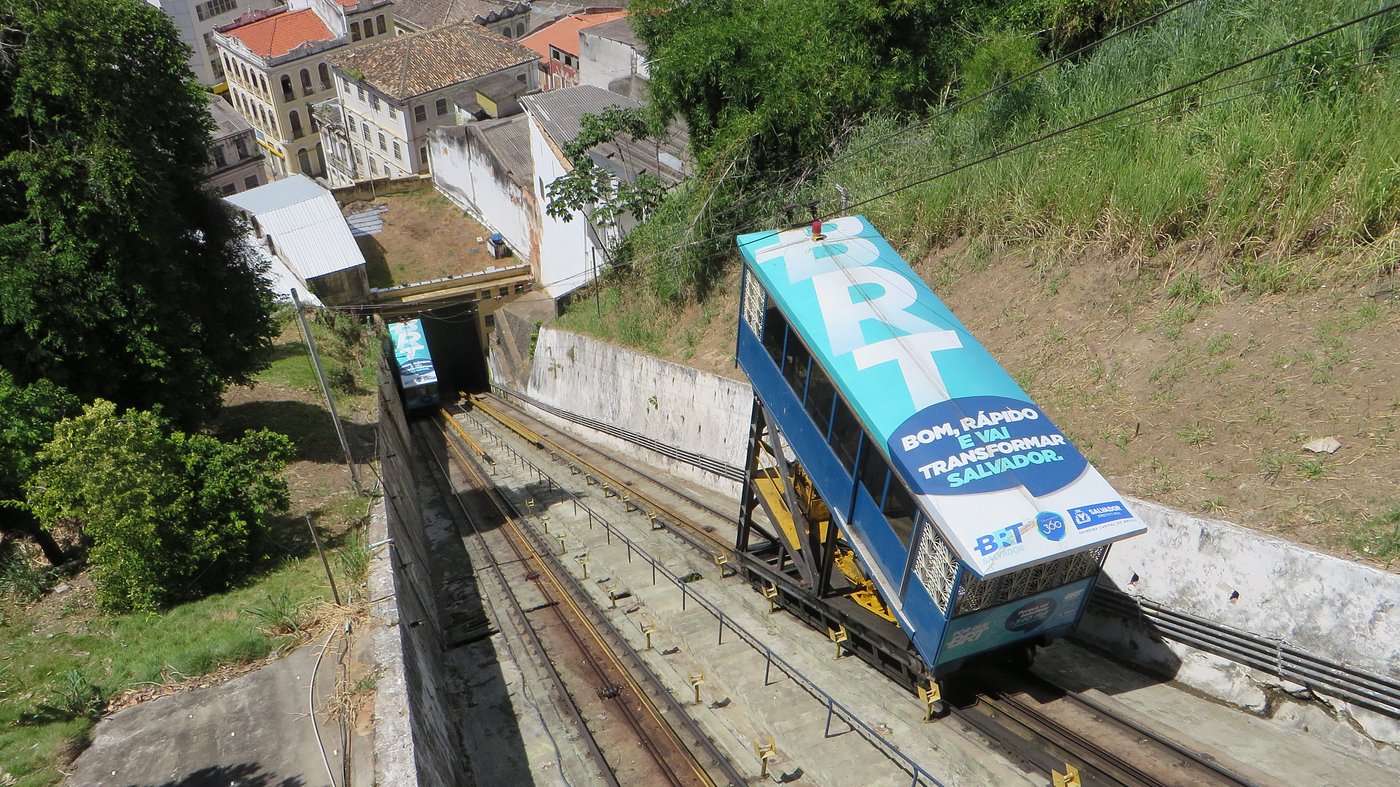
Social inclusion, improvement of quality of life, growth of income by acessing more jobs and connecting marginalized areas with formal city.
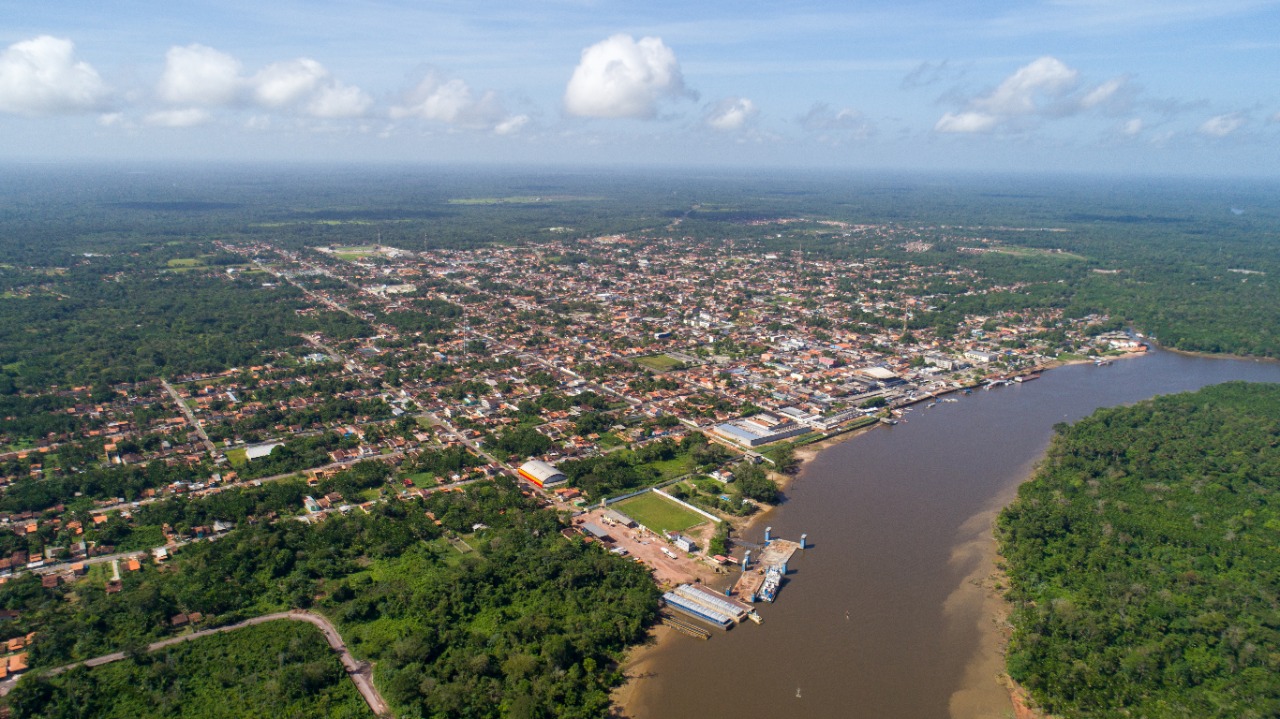
Impacts from climate change (flooding, heat stress, air and water quality, other)
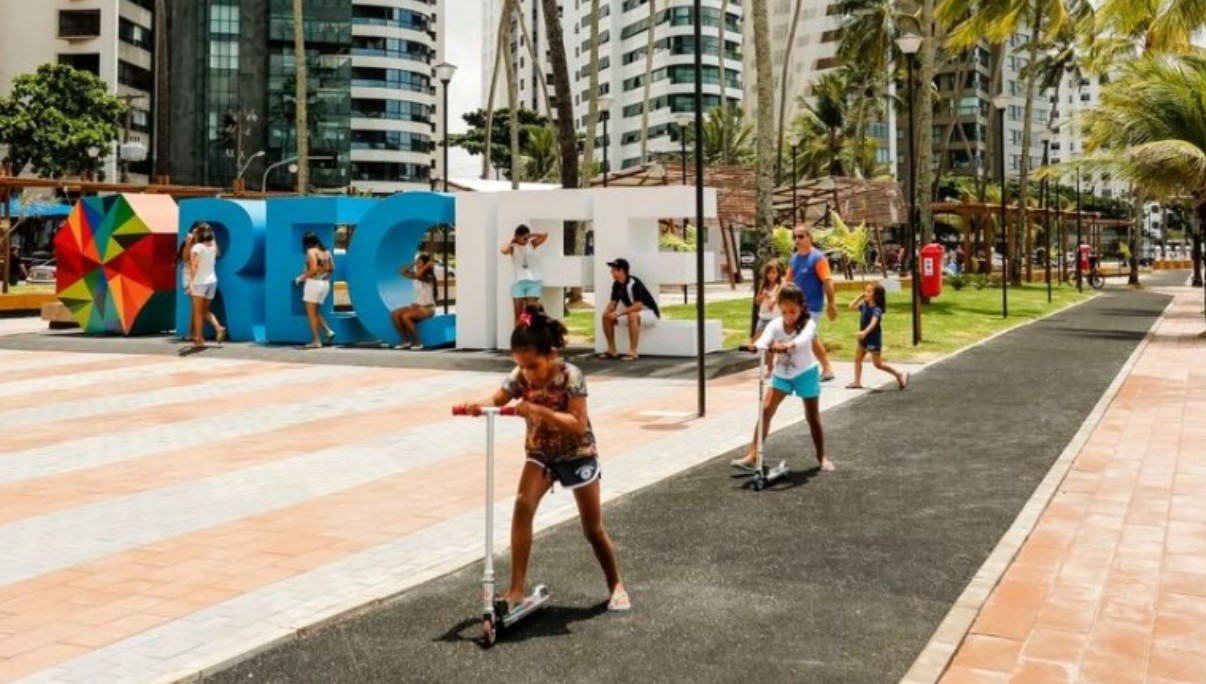
Multidisciplinary Urban Intervention, addressing all project tracks
We battle climate change impacts on urban ecosystems and health across different European climate zones.
Co-funded by the European Union.
We support city makers in implementing sustainable development goals with evidence.